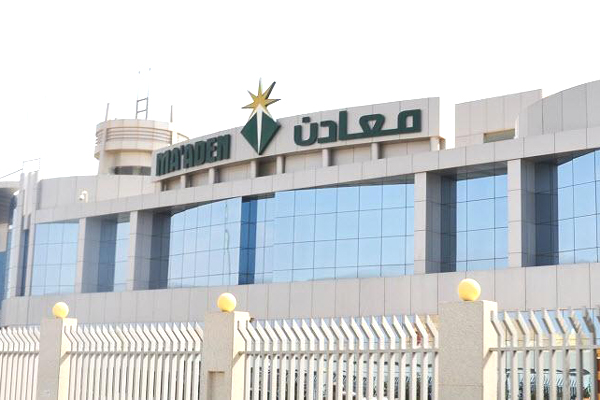
Saudi Arabian Mining Company (Ma'aden), the largest multi-commodity mining and metals company in the Middle East and one of the top five mining companies globally based on market capitalisation, has been granted a captive licence by Dubai International Financial Centre (DIFC), a leading global financial centre in the region.
With 17 mines and sites and 6,000 direct employees, Ma'aden is among the world's fastest-growing mining companies.
It is also committed to responsible and sustainable operations and is developing the mining industry in line with Saudi Arabia's Vision 2030.
Captive insurance is a risk financing mechanism in which a company insures itself against potential losses. In a captive insurance arrangement, the insured brings its risk in-house by creating a licenced company that provides insurance to its parent organisation, it stated.
Chairman of Ma’aden Captive, Ma’aden Re Limited Yaser A Barri said: "We look forward to establishing our presence in DIFC with the new captive licence. The Center's strategic location, modern business environment, and world-class services will support Ma’aden in achieving our growth strategy."
Establishing a captive in DIFC gives Ma’aden a strategic location to convene board meetings, access the DIFC's reinsurance market, and be close to its headquarters in Saudi Arabia.
DIFC provides an optimal environment for captives, allowing firms to take full control of their risks while gaining greater financial flexibility and protection.
DIFC Authority CEO Arif Amiri said: "As the region's insurance hub, including captives, DIFC looks forward to supporting Ma'aden in achieving its growth goals and helping them better control risks and reduce costs."
The DIFC's captive licence will provide Ma’aden with financial, strategic, and operational advantages. By forming its own insurance company to protect against unique business risks, Ma’aden can manage difficult-to-insure risk exposures, cover gaps in its risk management programme, and capture profitable premiums that would otherwise be paid to commercial insurers, he added.-TradeArabia News Service
